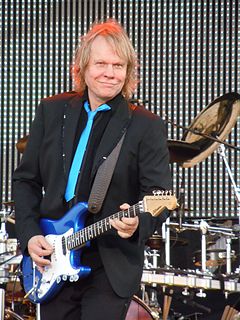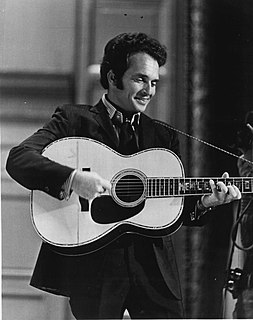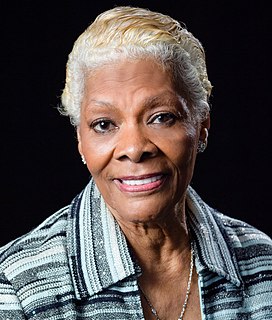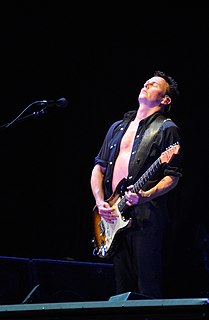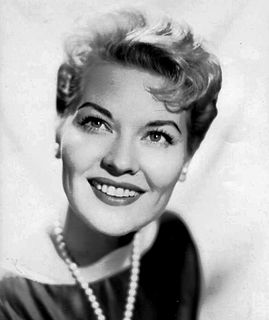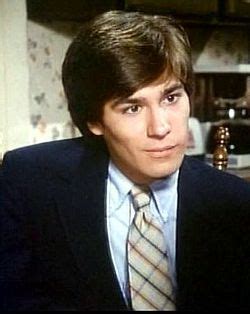A Quote by Joe Walsh
Digital technology has eaten classic radio as we know it. Independent stations with disc jockeys who chose their own music have all gone; it's these huge parent companies that own a hundred stations and then decide what we should hear.
Related Quotes
There are so many conditions to programming in America, where it's dominated by these people that own 800 radio stations that have no idea who to play and who not to play, and they listen to somebody or read somebody else's programming sheet and go by Buck Owens' opinion or something. Eight hundred stations are controlled by some guy that doesn't have a clue as to what to do about music.
All the things I used to count on to get my music out there - record companies, they're all gone. And radio stations, they're gone - they're completely controlled by the government. If they're not controlled by the government, they're controlled by a programmer who's controlled by the government. Mainstream radio is suspect. You can't trust it.
I own no TV stations, or Radio Stations or Newspapers. But I feel that people need to be educated as to what is going on, and to understand the connection between the news media and the instruments of repression in Amerika. All I have is my voice, my spirit and the will to tell the truth. But I sincerely ask, those of you in the Black media, those of you in the progressive media, those of you who believe in true freedom, to publish this statement and to let people know what is happening. We have no voice, so you must be the voice of the voiceless.
We are extremely proud to represent all of Radio One's stations within the Katz Radio Group. For the past five years we have worked diligently alongside Radio One to build their business in the markets we have historically represented including Houston, Los Angeles, Philadelphia , Raleigh and Columbus. At a time of significant growth in the African American consumer market the addition of the remaining Radio One stations expands our ability to deliver strategic marketing solutions to our agency and advertiser customers.


